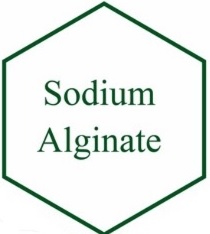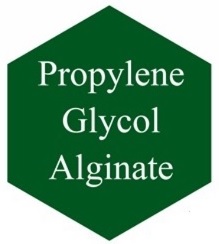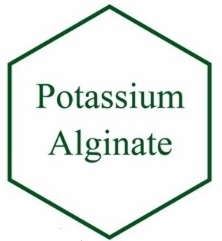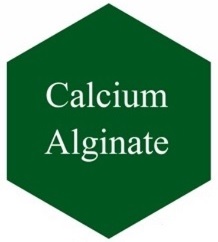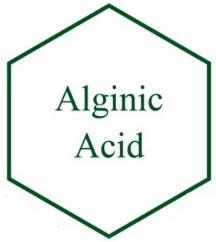What is alginate?
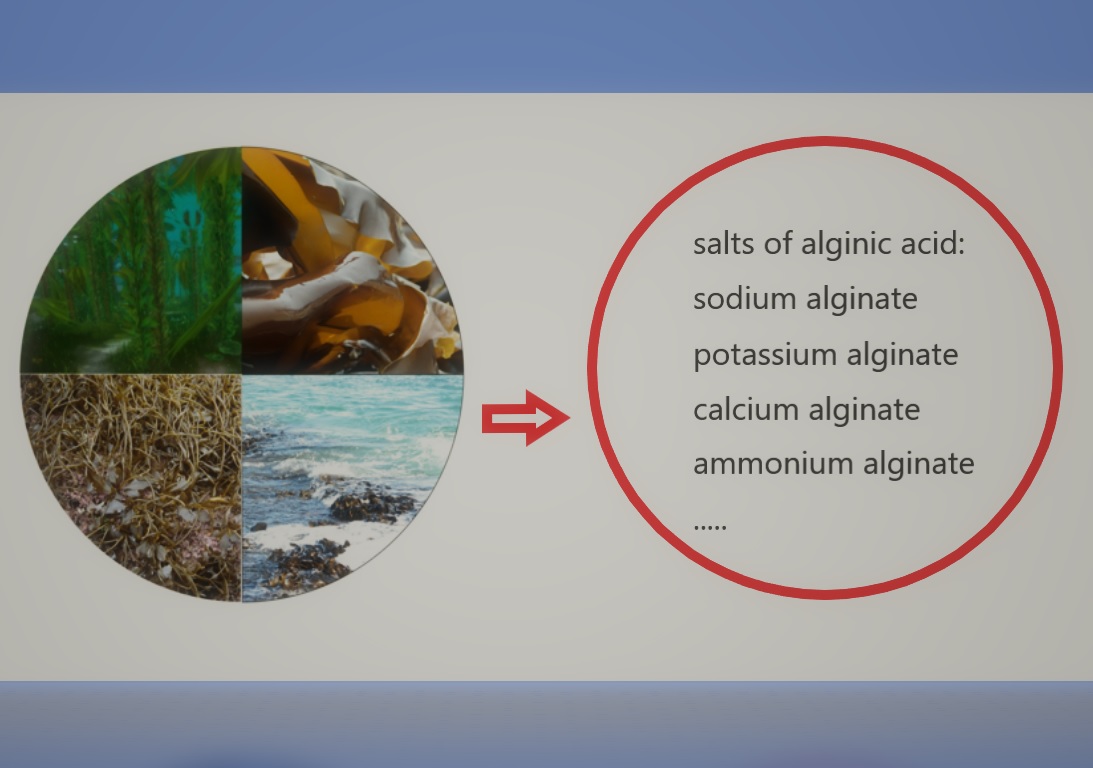
When it comes to alginate, sodium alginate often comes to our brain. Actually, besides sodium alginate, there are potassium alginate, calcium alginate, ammunium alginate etc, all can be called alginate. Alginate refers to the salts of alginic acid. Alginic acid reacts with metals such as sodium and calcium to form different alginates. Its colour ranges from white to yellowish-brown.
Alginate in the seaweed forms sea minerals and salts, filling the intercellular spaces in a gentle jelly-like state. The flexibility of swaying seaweed in the ocean is attributed to the distinctive properties of alginate. Accounting for 30-60% of the dried seaweed, alginate can be described as a natural dietary fiber, often referred to as the "primary component of seaweed."
Alginate, an anionic heteropolysaccharide extracted from natural brown algae, has useful properties for the food, chemical, medical, and agricultural industries due to its biocompatibility, low toxicity, relatively low cost, and mild gelation by addition of divalent cations such as Ca2+.
Alginate is considered extremely safe as it is most naturally extracted from the cells as a polysaccharide. The Alginate is often combined with water to create a viscous gum paste, perfect for creating moulds of dental impressions, hands, feet or other small scale items.
Alginate has a unique ability to hold upwards of 200-300 times its own weight in water, making it a naturally gelling substance. The alginate can be adapted to the thickness needed to perform the casting or use – making it a diverse product for casting, thickening or pharmaceutical needs.
Jiejing's alginate is gaining a reputation as a "sustainable ingredients" extracted from brown seaweed Lessonia Nigrescens, Lessonia Trabeculata(Flavicans). We used high tech method to maximize the utilization of energy existing in the brown seaweed.
© Copyright - 2023 | Shandong Jiejing Group Corporation All Right Reserved.

